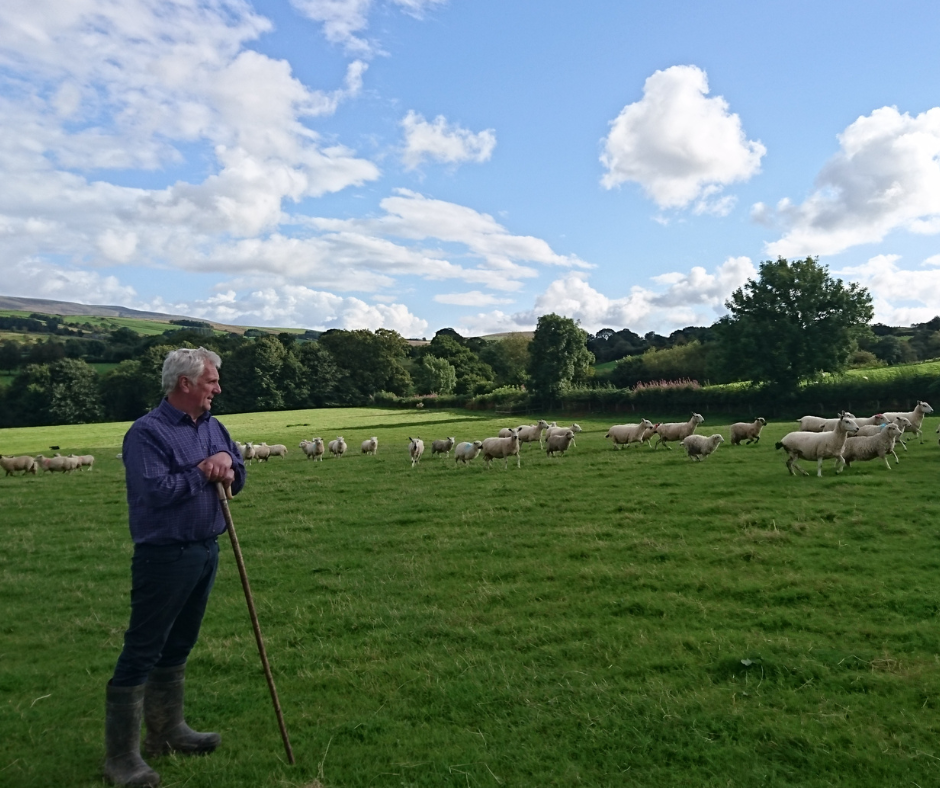The Farmers’ Union of Wales (FUW) has expressed concern over proposals by the Welsh Government to introduce a statutory licensing scheme for accommodation providers in Wales. In its response to the consultation, the Union stressed that a free statutory registration scheme should be introduced instead.
“There is a strong feeling amongst the community of farmers who have diversified into self-catering accommodation that many Welsh Government policies designed with good intention to tackle the impacts of second homes and short-term holiday lets will have a detrimental impact on genuine providers.
“The Welsh Government must ensure that such policies do not result in an irreversible impact for the Welsh tourism industry, which in turn leads to a sharp increase in the number of accommodation providers operating under the radar. Consequently this could also lead to empty properties which cannot be used for residential purposes due to planning conditions.”
In its response, the FUW also highlighted that there is great concern that the proposed scheme will be considered as an enforcement tool by creating more barriers and bureaucratic requirements for genuine accommodation providers, and used to collect a tourism levy, to which the FUW has previously opposed.
The consultation further highlighted the Welsh Government’s intentions to introduce a licensing scheme based on a similar model to Rent Smart Wales.
“We are opposed to the proposals to use a similar model to Rent Smart Wales which has clearly created additional barriers for landlords attempting to provide for the rented sector, resulting in many properties being left unoccupied or sold as second homes which in turn has exacerbated the second home crisis,” added Mr Owen.
FUW Senior Policy and Communication Officer Gareth Parry added:
“In all our responses and communication to the Welsh Government we have emphasised the need to differentiate between genuine accommodation providers and those who both inhabit and let second homes at different times of the year.
“Whilst robust monitoring and policing of such properties would significantly close this loophole, it has previously been proposed by the FUW that a statutory registration scheme is introduced in order to closely monitor the number of AirBnB and holiday home type properties in Wales alongside identifying the bureaucratic barriers landlords are facing when attempting to provide for the rented sector.”
The FUW is encouraging members to raise any concerns they may have regarding the incoming changes for holiday lets on 1 April with their county office.







